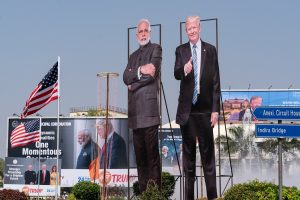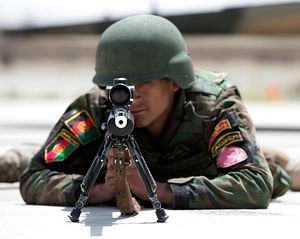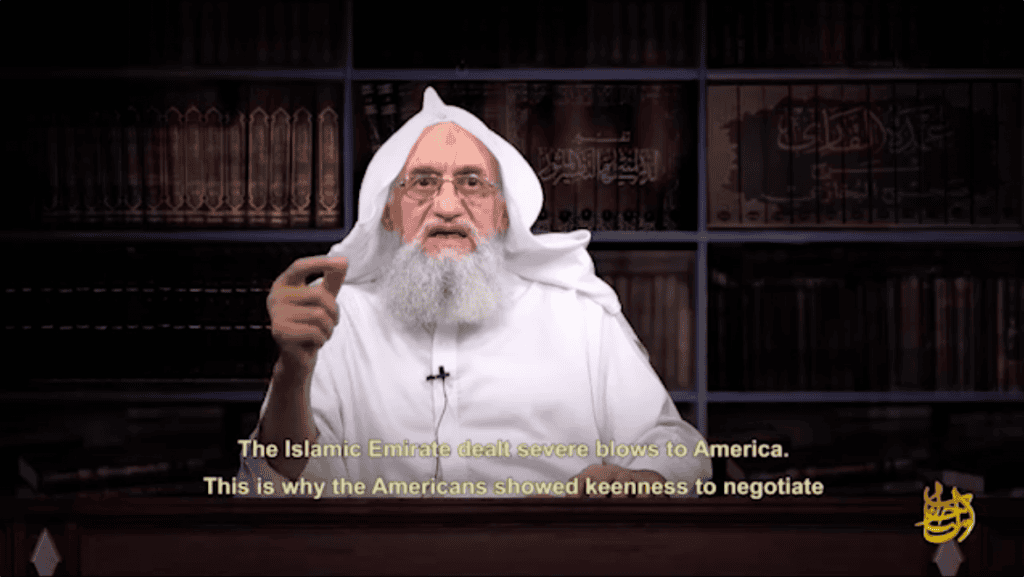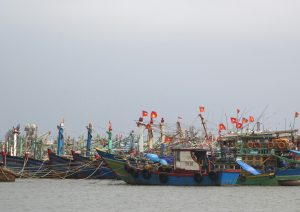Aditi Kumar
During his state visit to India last week, President Trump focused on promoting our increasingly important strategic relationship with Delhi. Working with India’s Prime Minister Narendra Modi, with whom he shares a populist brand of politics, social media savvy, and a penchant for raucous rallies, Trump rightly emphasized strengthening military ties and a trade and investment partnership that has doubled in recent years.
This new US reliance on India, aimed, in part, at limiting China’s ambitions in the region, enjoys rare bipartisan support at home. It has been a high priority of recent presidents and congressional leaders of both parties. It was also made possible by the shared values between the world’s two strongest democracies — the United States and India — to democracy, the rule of law, and human and religious rights.






















